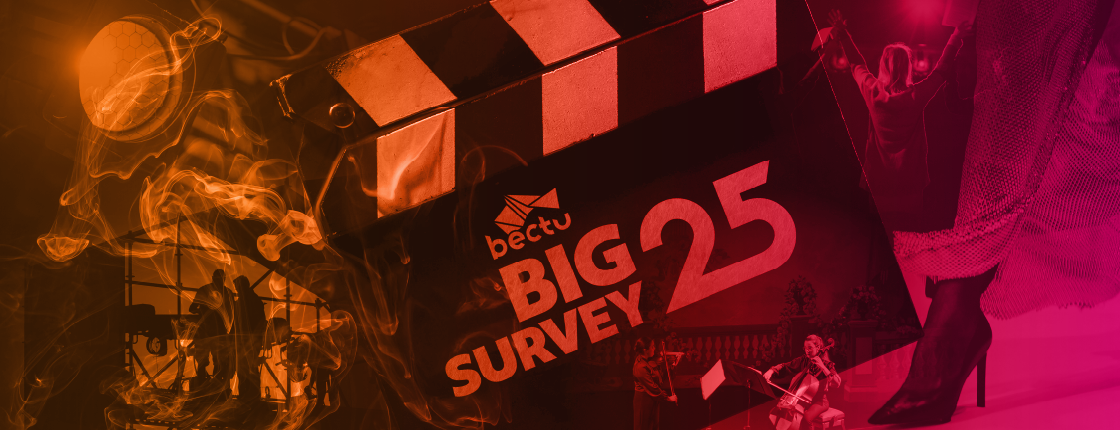Who Gets In, Who Gets On: Hiring and Progression in the Creative Industries
The UK’s creative industries are world leading. But who gets the chance to build a career is still shaped by exclusion, informality, and inequality.
The issues
Jobs through “who you know”
Informal processes and a reliance on personal relationships dominate hiring practice in the creative industries, as three quarters of respondents told us that last or current role was secured through a friend or contact. In film, TV drama, and fashion, over 80% of roles are filled through personal networks. That leaves those without the “right” connections locked out, notably working-class entrants, disabled workers, carers, and parents.
Even when roles are offered, questions about access needs, caring responsibilities, or adjustments are almost never asked. Just 16% of workers were asked about access needs during hiring. 5% were asked about parenting or caring responsibilities.
And many conceal vital information rather than asking for support or adjustments: 45% of disabled workers and 37% of carers told us that they concealed personal details when applying for roles.
Disabled workers left behind
Disabled creatives face systemic discrimination. 38% told us that they do not disclose their disability for fear of being rejected when applying for jobs. Just 36% feel supported by their employer.
Many report being ghosted after interviews, denied adjustments, or forced to hide health conditions. We also heard very low take-up and awareness of government schemes meant to support disabled workers, such as the Access to Work scheme.
Unpaid work means unequal access
Internships remain a major barrier to getting in and getting on in the industry. More than a quarter (26%) of workers entered the creative sector through internships. 94% of workers agree all internships should be paid.
Unpaid work still persists, with 39% of workers telling us they have felt pressured to work for free. Among those in their first two years, nearly half (49%) say they’ve been pushed into unpaid work just to “get a foot in the door.”
Progression blocked
For those who do get in to the creative industries, moving up is harder still. 71% of workers – and 83% of freelancers – have never been offered training. Women and workers from Global Majority backgrounds are far less likely to be promoted or hold senior roles.
Only 7% of women say their workplace offers gender equality in progression. Pay gaps remain stark: 58% of women and 56% of Global Majority respondents say pay inequality exists in their workplace.
What needs to happen
The creative industries thrive on diversity of thought, skill, and perspective but only if the doors are open. That means:
- Ending nepotistic hiring and enforcing fair recruitment standards.
- Banning unpaid internships and unpaid work.
- Guaranteeing accessible hiring practices and funded adjustments.
- Creating a portable development fund so freelancers can train and progress.
- Embedding mentorship, training, and fair pay at every career stage, not just entry level.
The creative industries cannot claim to be innovative while excluding so many from opportunity.
